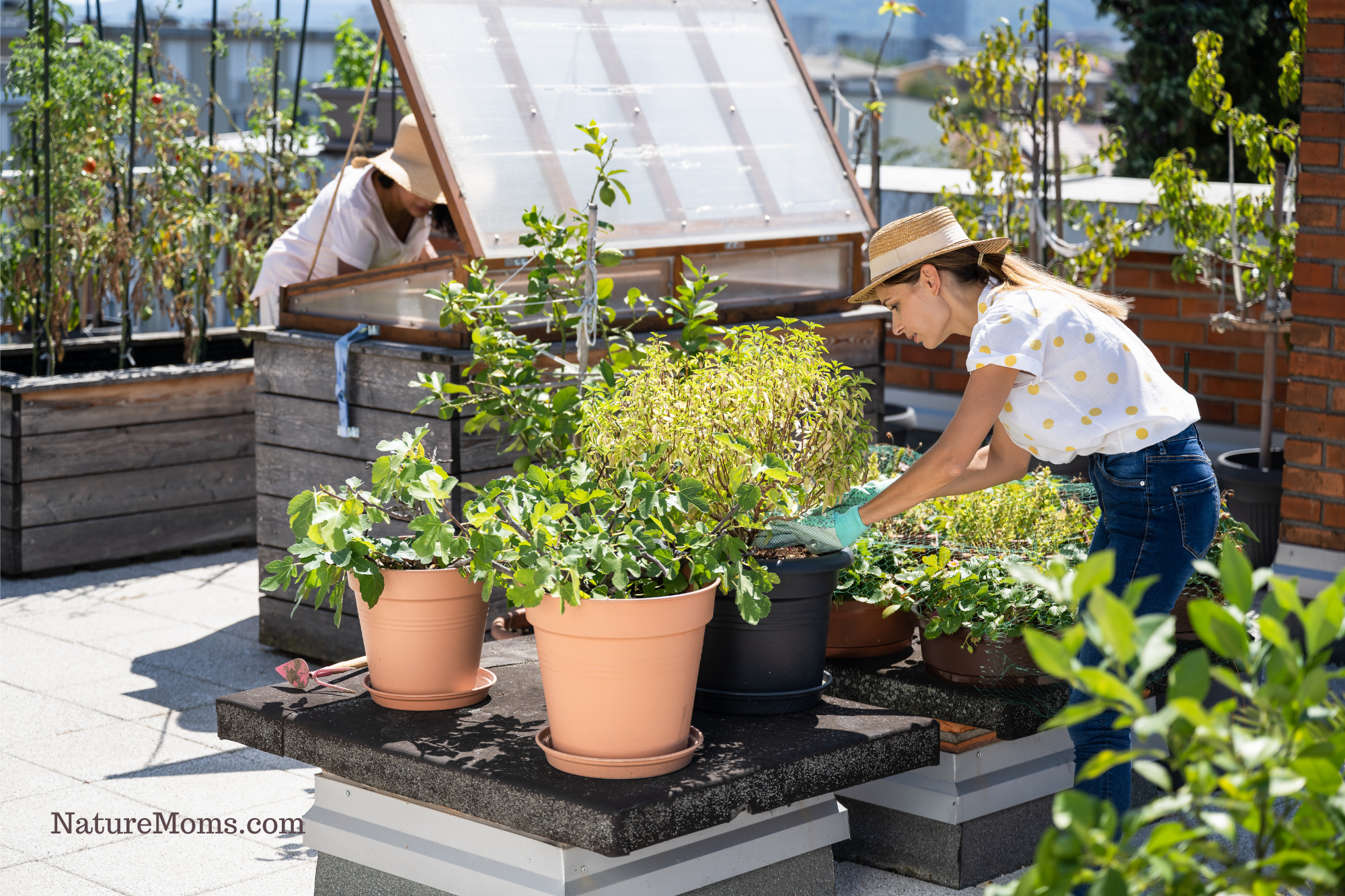 Many people who start gardening in the city do so for a very good reason. They want good food. They want the crispiest, juiciest, cucumbers they can get their hands on and the ripest and most flavorful tomatoes. They want foods grown locally, on a small scale, and without chemical fertilizers or herbicides. They want farm fresh, even though they don’t live on a farm. Is this unreasonable or just plain smart?
Many people who start gardening in the city do so for a very good reason. They want good food. They want the crispiest, juiciest, cucumbers they can get their hands on and the ripest and most flavorful tomatoes. They want foods grown locally, on a small scale, and without chemical fertilizers or herbicides. They want farm fresh, even though they don’t live on a farm. Is this unreasonable or just plain smart?
Most of our food comes from farms in rural areas and it is shipped across great distances to stores nationwide. Many people see no reason to take issue with this but increasingly others do see problems with this food system. Is it healthy? Will it feed the whole world? No actually. This food system has serious issues. It is wasteful, unsustainable, and unhealthy. To grow foods in the mass quantities needed to feed huge populations all over the country lots of space, energy, and chemicals must be used and abused. Throughout the country people still go hungry. Unhealthy processed foods become cheaper and more readily available and thus health problems abound, especially in urban areas. Urban residents become less likely to know how to cook healthy meals with fresh ingredients. They are more likely to know how to cook boxed mac and cheese.
So what needs to change? City dwellers need to learn that food is intimately connected to health, environment, economy, and community. The single best way to do this is to start growing food in the city. When we grow food in the city we establish local sources for healthy food, a local food economy, and a community that works for it own interests and the planet’s and not against them. Our cities need some nourishment…they need some gardens!
The facts are that more people are moving into cities…not rural areas. The United Nations has predicted that by 2030, two-thirds of us will be living in cities AND we will need 60% more food. The answer is not to transport more food or increase the scale of factory farms and huge agribusiness monocrops. We need to start growing food in those cities. How do we do that?
On a large scale, as a community we need to support:
Rooftop gardens on city buildings and parking structures
Community gardens
Teaching gardens
Aquaponics and hydroponics businesses and operations
Farmer’s markets
Restaurants who use local foods
Schoolyard gardens
Community cooking classes
Wind and solar energy
Anaerobic digestion facilities
Legislation that supports local gardening
Legislation that supports the keeping of farm animals
Legislation that enables us to turn abandoned spaces into green spaces
Programs to provide a work force and skills training for those green spaces (unemployed, homeless, etc)
Legislation to provide tax incentives for businesses and residents who garden

On a smaller and more personal scale we need to:
Garden in containers, on balconies, and window sills
Use front and backyard spaces for gardening and growing food
Compost
Collect rainwater
Install solar panels if we can
Grow food using vertical food systems
Grow food using small scale aquaponics and hydroponics systems
Grow flowers and other non-food vegetation for wildlife and pollinators
Raise animals for food (like chickens or rabbits)
Keep bees
Whether we are in the burbs or in the city we NEED to grow food. We also need to teach our children to do the same. We need to think globally and act locally….changing our cityscapes one home and garden space at a time. The concrete jungle has got to go…our cities need to go green pronto and the first step is to own up to your own part in the equation and then help others do the same. Let’s turn our cities into places so leafy and green they resemble jungles okay? Let’s plant the seeds of a greener future.



